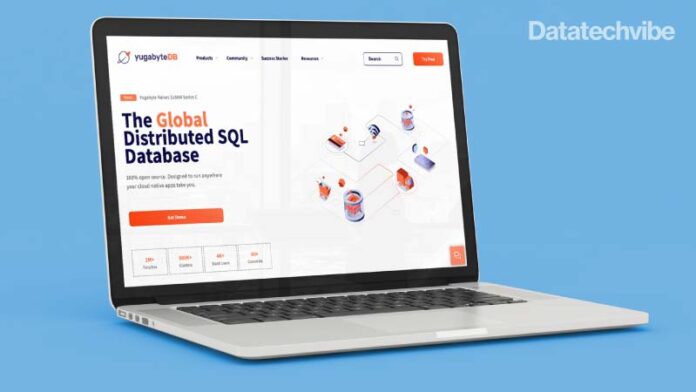Yugabyte, the company behind the distributed Structured Query Language (SQL) database YugabyteDB, announced that it raised $188 million in a series C round, bringing the company’s total raised to $291 million with a $1.3 billion valuation.
CEO Bill Cook says that the capital will be used to further grow Yugabyte’s field and engineering teams and support the company’s expansion into new markets, seven months after Yugabyte’s previous financing round.
Pandemic-related digital transformations are spurring companies to migrate databases to the cloud. According to Gartner, by 2022, 75 per cent of all databases will be deployed or transitioned to a cloud platform, with only 5 per cent ever considered for repatriation to on-premises data centres. Databases — whether cloud-hosted, local, or a hybrid of both — have a range of business applications, including customer relationship management, inventory tracking database, payroll and scheduling, and data analysis.
Yugabyte’s SQL database is designed to run on any cloud or Kubernetes environment, Kubernetes being the open source system for automating containerised app management. (As for SQL, it’s the standard — and most widely used — programming language for relational databases.) It works across public, private, and hybrid cloud environments on virtual machines, containers, and bare metal, scaling to more than 100 terabytes of data and thousands of concurrent connections.
Also Read: Which Tech Trends Will Impact Your Business?
YugabyteDB delivers built-in capabilities for software upgrades, backups, and other maintenance tasks, as well as replication and geo-partitioning for improved latency and compliance. The database boasts feature compatibility with Postgres and Cassandra and integrates with languages and existing tools, affording companies what Cook calls “risk-free migration from on-prem to the cloud.”
Yugabyte recently launched Yugabyte Cloud, a fully managed offering that includes services like daily backups, database usage monitoring, logging, auditing, identity, and access management, and data encryption. Yugabyte Cloud lets customers choose a cloud provider (currently Amazon Web Services and Google Cloud Platform, with Microsoft Azure to come) and region provisioned for a particular app’s requirements, with tools that allow it to scale up or down as needed.
Yugabyte claims to have thousands of customers including Fortune 500 companies in cybersecurity, financial markets, internet of things, retail, and ecommerce, who’ve deployed close to a million YugabyteDB clusters in over 80 countries. Since its beta launch in September, more than 1,200 organisations have signed up for Yugabyte Cloud — a number the company expects will climb once the service becomes generally available.
Sapphire Ventures led the series C, which included participation from Alkeon Capital and Meritech Capital, Wells Fargo, Lightspeed Venture Partners, 8VC, Dell Technologies Capital, Wipro Ventures, and others.









